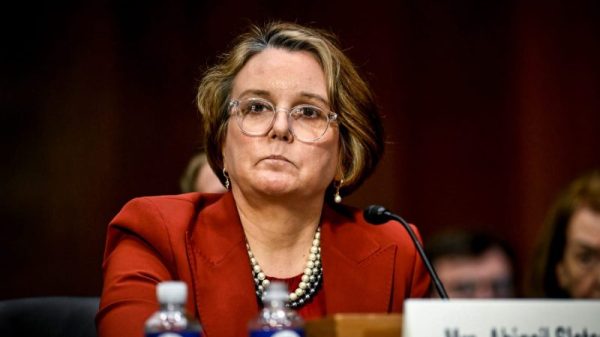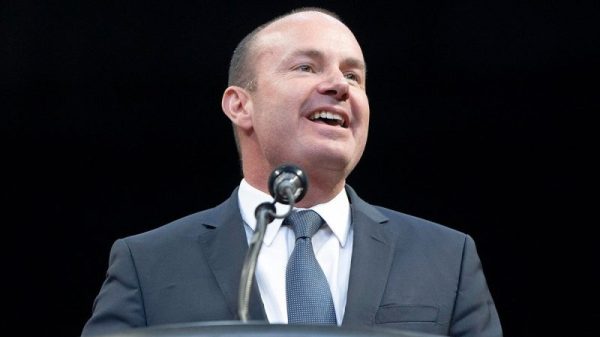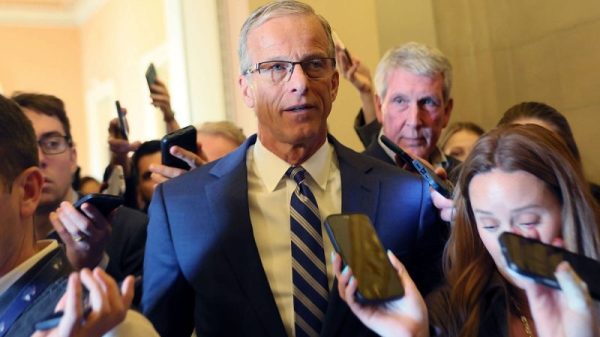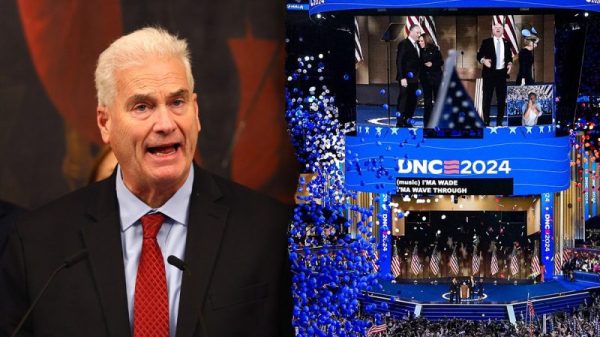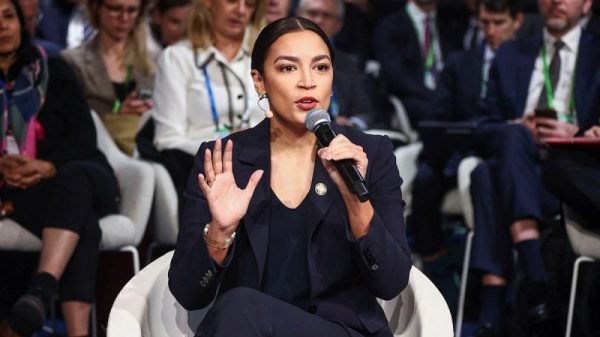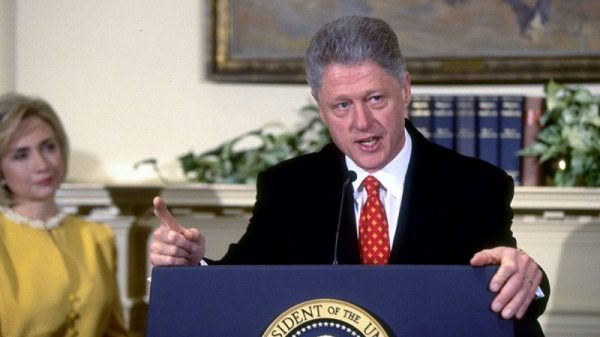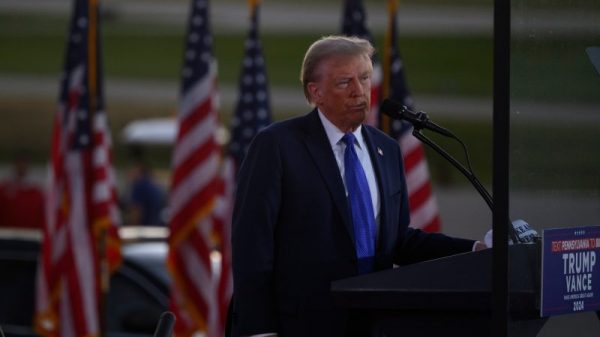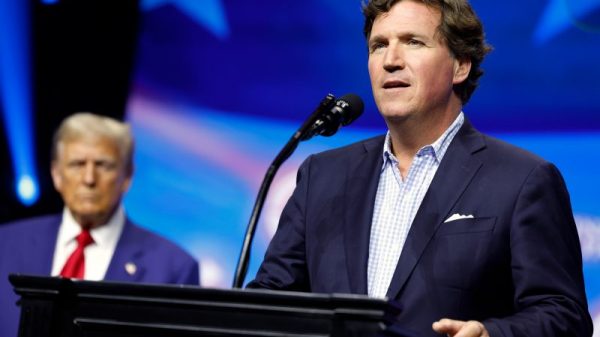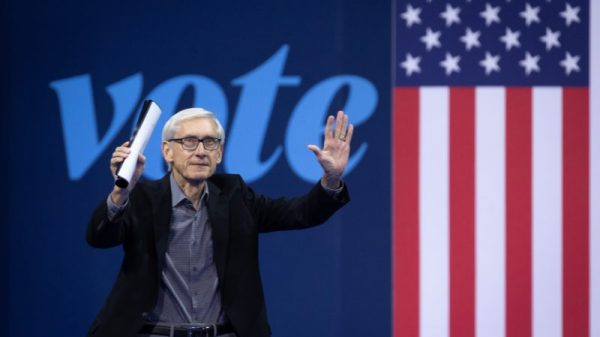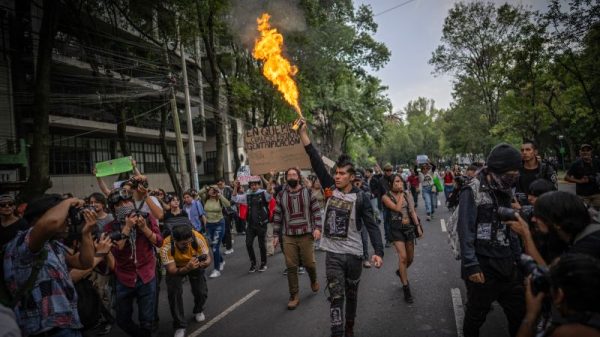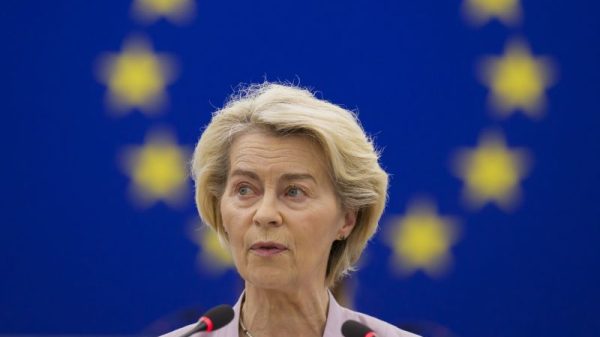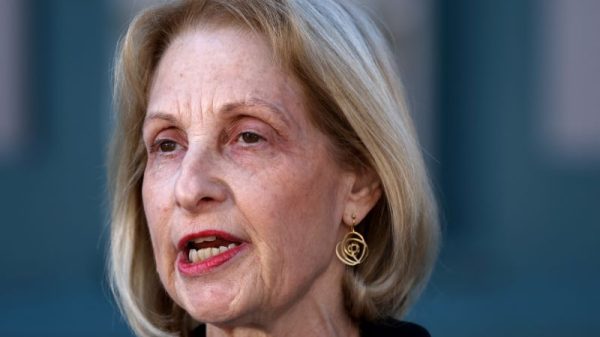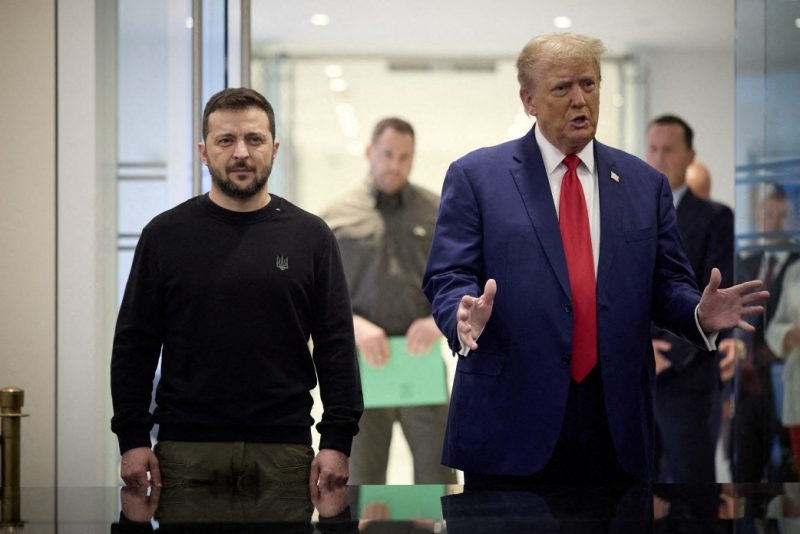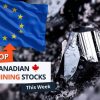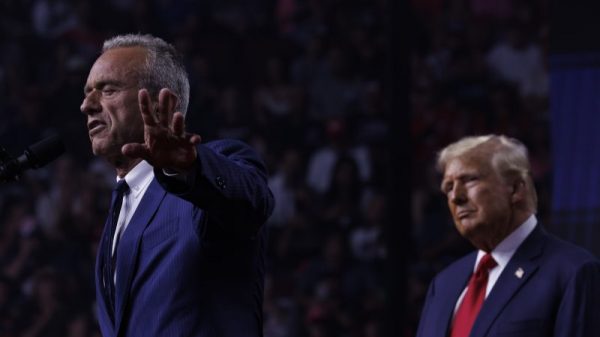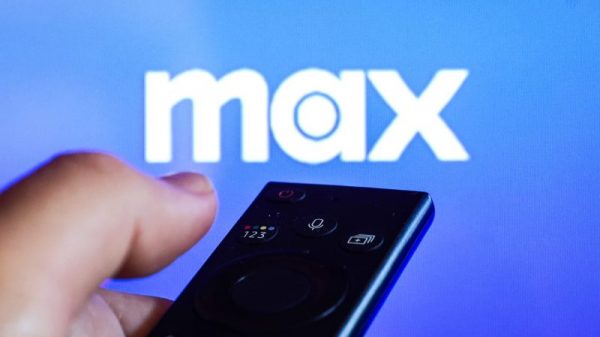Donald Trump makes curious comments about the war in Ukraine; he has done so since the moment Russia invaded in early 2022. His suspiciously friendly public posture toward Russia dates back years.
But he and his allies have long suggested that this is effectively a diplomatic posture. You’ve got to be able to deal with Vladimir Putin, after all, so why would you jeopardize that?
Trump’s latest comments undermine that oversimplified justification.
On Thursday he turned more than a few heads by effectively blaming Ukrainian President Volodymyr Zelensky for Russia’s invasion. Trump said Zelensky “should never have let that war start.”
It was a remarkable statement in and of itself; Zelensky was the one whose country was invaded, but it’s his fault? Was he supposed to just give Russia the territory it wanted and cave to its threats that it would invade?
But it’s also remarkable for another reason, one that gets at the facile rationalizations of Trump’s soft public line on Russia: Trump rarely levels the same kind of judgment against Putin.
Since the war’s earliest days, Trump has frequently talked around any sort of blame being cast on Putin. He for a time cast the war as tragic and questioned Putin’s strategy; he is loath to actually say Putin did something bad or morally wrong. Almost every comment deprives Putin of agency and casts what’s happened as a result of the Biden administration’s (and now Zelensky’s) failings.
Trump’s strongest statement came on Feb. 26, 2022, after members of his own party criticized him for calling Putin’s strategy in Ukraine “savvy” and “genius.”
“The Russian attack on Ukraine is appalling,” Trump said at the Conservative Political Action Conference (CPAC) while doing some cleanup work. “It’s an outrage and an atrocity that should never have been allowed to occur. We are praying for the proud people of Ukraine. God bless them all.”
A week later, Trump on Fox Business Network labeled what was happening in Ukraine “a holocaust.”
But even in those comments, there was a preview of what was to come. At CPAC, Trump quickly pivoted to attributing the war to his no longer being president. Fox Business host Maria Bartiromo interviewed Trump, asking him whether he would “still afford Putin respect.” Trump deflected by criticizing President Joe Biden.
A week later, Fox News host Sean Hannity — who often tries to nudge Trump in a more politically palatable direction — seemed to believe his ally needed a course correction. So he repeatedly coaxed Trump to call Putin “evil” or an “enemy.” Trump wouldn’t take the bait. He wanted to talk about how this wouldn’t have happened on his watch, as he had before.
Hannity urged Trump to set aside that talking point and more directly answer the question. “I think you also recognize he’s evil, do you not?” Hannity asked.
Trump did not — or at least wouldn’t say as much. He instead suggested Putin had “changed.”
A year later, at a CNN town hall, Trump said Putin had made a “bad mistake” with the invasion. But it was a strategic review rather than a moral one; he declined to say whether he thought Putin was a war criminal and even, despite being asked multiple times, whether he wanted Ukraine to win.
A similar exchange transpired at last month’s presidential debate, with Trump talking around two questions about whether he wanted Ukraine to win.
And now Trump has increasingly blamed Zelensky. His comments Thursday were preceded by Trump effectively arguing that Ukraine has lost and suggesting it should have cut a deal.
“Any deal, even the worst deal, would have been better than what we have right now,” Trump said on Sept. 25 in North Carolina. “If they made a bad deal, it would have been much better.”
The upshot is that Trump is willing to blame Zelensky for not giving in. But he’s far less willing to blame Putin for forcing such awful choices on Zelensky with an illegal invasion. Trump did, early on, call the war “appalling” and “a holocaust,” but he’s largely excised any judgment of Russia’s conduct from his public commentary. And even when he did say things like that, he often focused more on the Biden administration’s culpability than Putin’s.
There’s perhaps something to be said for maintaining a negotiating posture. But refusing to even say you want Ukraine to win — something Americans overwhelmingly do want — and declining to condemn Putin’s actions don’t preclude that. Doing those things could actually apply pressure on Putin by showing that the Western world isn’t going to tolerate or legitimize these kinds of actions.
Instead, Trump is now casting this as somehow being Zelensky’s fault. If that perception catches on with the American public, it’s a gift to Putin.






